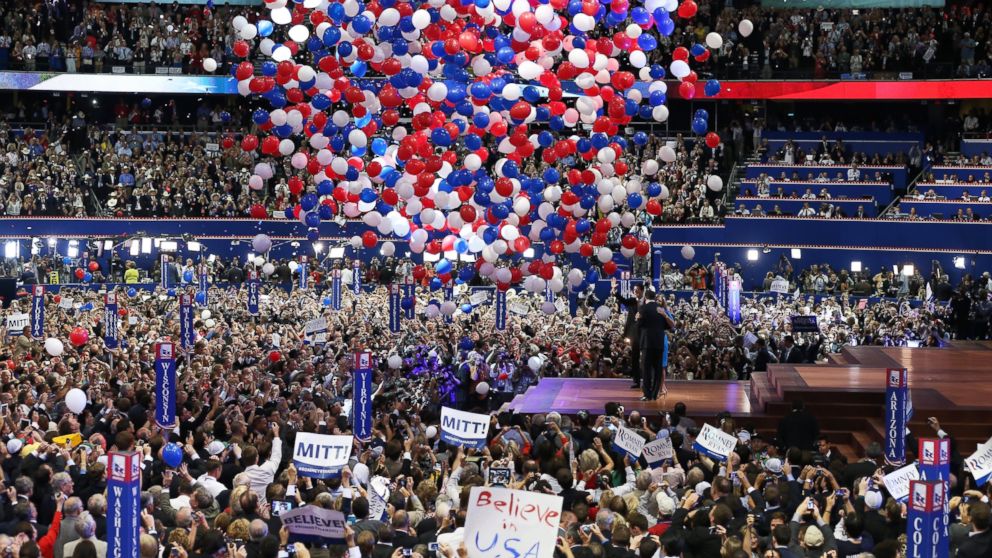The Shadow Campaign Inside the Closed-Door Rules Meetings in Cleveland
The battle for 2020 has already begun.

— -- As delegates, grassroots activists and party insiders converged on Cleveland ahead of next week’s Republican National Convention, a last-ditch attempt to throw Donald Trump’s nomination for president into jeopardy fizzled, but the attempted power play was more about a shadow campaign for the 2020 presidential election than anything else, ABC News has learned.
An RNC official told ABC News that former Ted Cruz delegate wrangler Ken Cuccinelli and Utah Sen. Mike Lee, a rules panel delegate with a close alliance to the Texas senator, were hoping to make RNC policies more friendly for conservatives and wanted delegates to vote for whomever they preferred. But the duo overplayed their hand, and passed up an opportunity to exact 80 to 90 percent of their demands during negotiations Thursday morning, according to the source.
That boldness enraged the bulk of the delegates on the rules committee, who relentlessly defeated every attempt to buck RNC Chairman Reince Priebus.
In the end, the major proposals brought by Cruz allies failed in the committee. Amendments aimed at weakening the RNC while strengthening states that hold closed primaries that permit only Republicans to vote were unsuccessful.
The goal of their effort was not just trying to stop Trump on the floor next week, which is the focus of groups passionate about getting delegates to vote their conscience. It was more about enacting rules that would make it easier for a conservative Republican, like Cruz, to sail through the primary process in four years.
“Hang 'em, shoot 'em, stab 'em and rip their hearts out,” an RNC official said, describing the vengeance of delegates opposed to the effort. “Pigs get fed and hogs get slaughtered.”
The official said at first delegates allied with Priebus and the RNC were willing to hear out Lee and Cuccinelli’s argument, but after hours of negotiations, it was clear an attempt to come to a resolution was futile and they went to “war.”
On a failed proposal to reward states with closed primaries with more delegates, Guy Short, a rules committee member from Colorado argued, “We are the Republican Party and we ought to select our nominee.”
Henry Barbour from Mississippi stood against the proposal, saying open primaries are a way to bring in voters to the Republican Party, especially in Southern states. A mix of open and closed primaries also helps RNC operatives and leadership gauge which candidates may be more palatable during a general election.
A series of other proposals aimed at stripping the RNC chair of appointing several key posts were also soundly defeated.
The chair of the committee, Enid Mickelsen, originally told delegates and observers that a jammed printer was responsible for the delay. She later explained that closed-door negotiations were taking place.
“We were approached by a number of members from different groups, proposing different amendments, who asked if they could have a period of time to try to work out their differences in hopes that they could then expedite the work of the committee,” she told the panel after a five-hour delay in the panel's start time.
The day after the late-night rules meeting, Barbour explained the fight to ABC News.
“There was a battle last night between the will of the voters and the 2016 primary and people trying to position for 2020 and the voters won,” he said.




